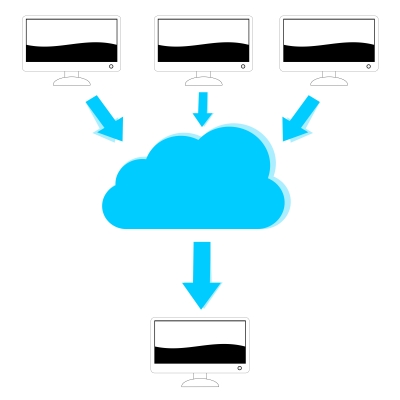<p style="text-align: justify;">As cloud services grow more popular you may be overwhelmed by the sheer number of options. Knowing the needs of your business helps you to narrow down the list of potential providers. Learn more about the benefits of both private and public clouds. Begin due diligence with a budget in mind to find smart matches which fit into your financial plan.</p>
<p style="text-align: justify;">Interviewing cloud service provider customers helps you whittle down your watch list effectively. By gauging the experiences of clients with similar needs you’ll see whether or not the same provider can handle your business requirements.</p>
<p style="text-align: justify;">Use these tips to pick a cloud service provider for your business.</p>
<h2 style="text-align: justify;">Speak to Current Customers</h2>
<p style="text-align: justify;">Since word of mouth marketing is about the most powerful form of advertising speak to client references to find a reputable cloud provider. Search for customers to gain insight into their experience. Proven service providers will leave a trail of happy, satisfied clients in their wake.</p>
<p style="text-align: justify;">Speak to customers with similar needs as your business. If your organization stores sensitive data connect with references that’ve stored similar data on the cloud. Doing so can give you reassurance before you decide to work with a provider.</p>
<p style="text-align: justify;">Ask about overall satisfaction, customer downtime and the speed and effectiveness of customer support to get the lowdown.</p>
<h2 style="text-align: justify;">Price Shop: Public Versus Private Cloud</h2>
<p style="text-align: justify;">Even though you may want to look for bargains to budget on a shoestring you may regret this when critical data goes missing. In most cases you’ll get what you pay for. Patiently sift through service companies to gauge the services offered versus the prices quoted to find the best match for your company.</p>
<p style="text-align: justify;">A public cloud may cost less than a private cloud but you’ll share the cloud with all other users. This means sharing the operating system, data center, hardware and application software with quite a large group of other clients. If you’re a smaller company with a limited budget this approach may appeal to you.</p>
<p style="text-align: justify;">The biggest drawback to the public cloud is one of security. Performance risks can also hurt a business using the public cloud.</p>
<p style="text-align: justify;">Businesses using a private cloud to store data are receiving greater AWS security and increased protection. The organization’s database and business applications are stored on its own virtual layer. This means better performance and it also means that if another client’s application crashes it won’t affect your data. Private cloud services are priced at a premium compared to the public cloud but the extra cost is worth it if you have sensitive data to store. Private clouds provide clients with tailored security models so few users can access apps and sensitive data.</p>
<p style="text-align: justify;">Service outages can affect huge numbers of businesses and customers on the public crowd but not so on the private cloud. This is why private clouds are gaining in popularity. Intellectual property, regulated data and financials are best secured by being stored on private clouds as this data can be protected and managed effectively using this approach.</p>

Smart Tips For Picking A Cloud Service Provider
